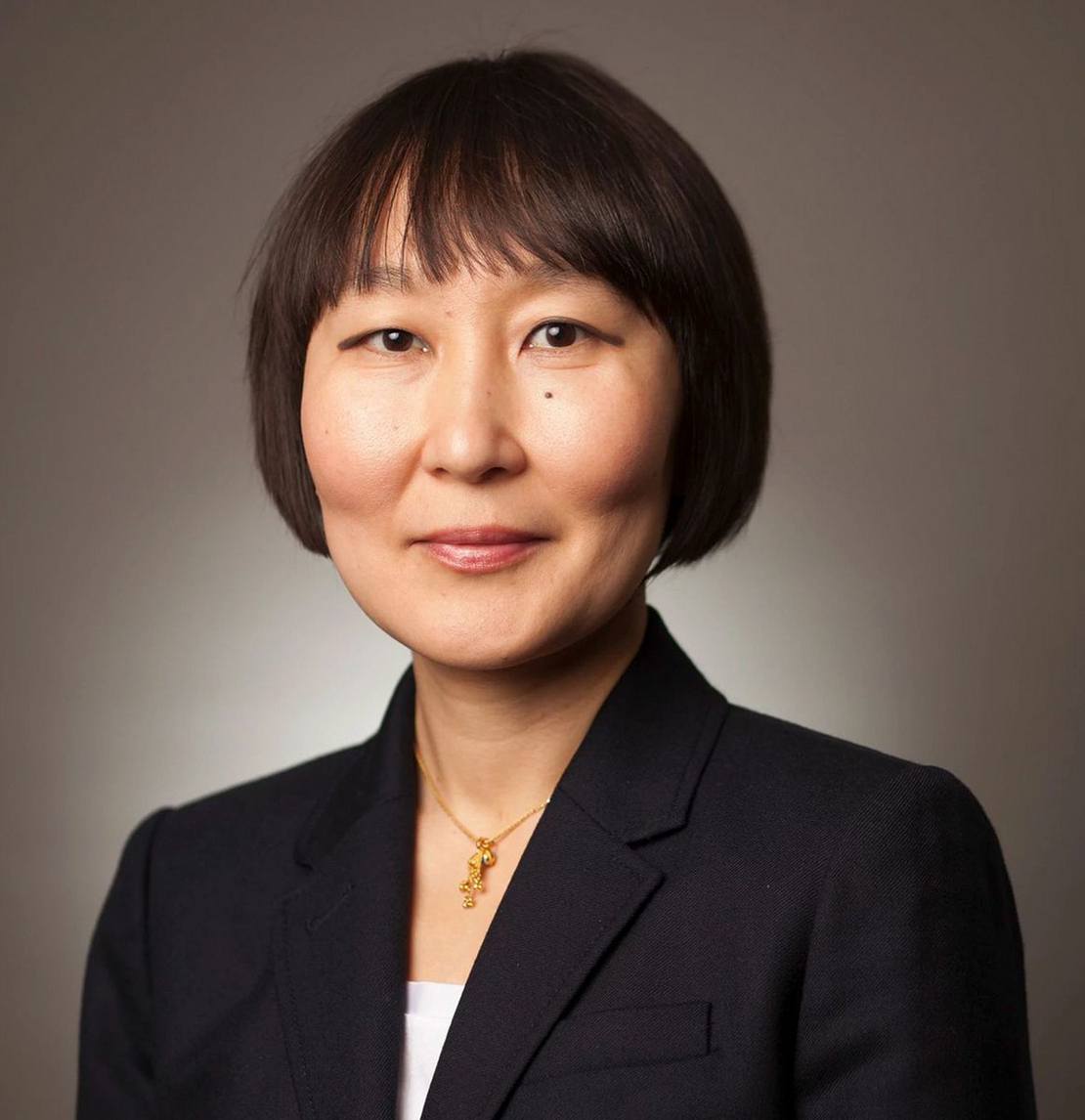
I’ve been watching the headlines related to Joe Biden’s pick for the head of the Office of the Comptroller of the Currency (OCC). OCC is an interesting department, as it can issue national bank charters for US banks, and often runs into trouble. By way of example, under the previous Administration, the OCC tried to encourage the idea of a national bank charter being issued to challenger digital-first banks. It got shot down, with threats from state governments to sue the OCC if they pursued this path. This then led to court hearings about the OCC’s ideas, but it hasn’t been shot down. In fact the US Treasury is now backing the OCC to make it happen.
Then we get a new Administration. Joe Biden has to pick a new head of the OCC. Who does he pick?
Saule Omarova.
Who is Saule Omarova?
Well, she’s anti-bank and anti-crypto according to most reports.
Anti-bank?
This podcast from last year is revealing:
If I don't have enough money already deposited, then I shouldn't be able to extend this loan. Right? But that's not what banks do. What banks do is they look at your ability to repay. They look at how credit-worthy you are, right? They look at how good of an investment it is to give you a loan. If you are a good investment, then they're going to go ahead and they're going to open up a deposit account for you and credit the entire amount of the loan to your account. So they don't even have to worry about having enough deposits that are pre-accumulated. Somebody already earned them and brought it to them. So how come they're allowed to do that? How come they're able to do that? Because they're members of a very privileged club. That club is the commercial banking club because they all have access to the federal reserve's balance sheet.
Her solution?
Open a Federal Reserve bank that deals direct with consumers.
Saule Omarova, who has said she wants to “end banking as we know it,” will be tapped to run the Office of the Comptroller of the Currency [which] supervises the nation’s biggest lenders including JPMorgan Chase & Co., Bank of America Corp. and Citigroup Inc. Picking Omarova, who teaches at Cornell University Law School, is a shot across the bow for Wall Street as she’s expected to pursue tougher oversight and stricter rules. The pick also raises questions about whether the Biden administration would support Omarova’s agenda if she pursues some of her most radical positions, such as moving consumer banking to the Federal Reserve from private institutions.
Interesting.
No wonder the banks are saying this is not great:
Across the board, banks and their trade groups, including the American Bankers Association, which counts the big banks among its members, and the Independent Community Bankers of America, which represents the smallest institutions, have been sounding alarms about Ms. Omarova. Bankers usually take a reserved approach when reacting to proposed new regulators, so such pointed objections immediately after the White House announced its intention to nominate Ms. Omarova are almost unheard-of.
But it’s not just the banks.
She’s also cited the rapid rise of cryptocurrencies as “benefiting mainly the dysfunctional financial system we already have.” Omarova contends that digital tokens threaten to destabilize the economy and are vulnerable to abuse by private firms at the expense of public safeguards.
In fact, I found it interesting that this month’s publication of the Forbes 400 richest Americans list includes seven crypto-billionaires, compared to just one a year ago.
This is Saule’s position. It’s not the position of many in government.
[Interestingly, as an aside, whilst China bans bitcoin and most cryptocurrency, Brazil follows El Salvador and makes it legal tender]
What we are really seeing is Joe Biden picking a democrat who can pursue the agenda of key political allies like Elizabeth Warren, who is also anti-bank.
It will be interesting to watch what happens.
Meantime, if you want to read her 61-page white paper on how she would redesign the financial system, it's here:
"It takes a system to beat a system. This Article takes up the challenge of “beating” the currently dysfunctional U.S. financial system by reimagining its fundamental structure and redesigning its operation. It offers both a conceptual framework for analyzing the core structural dynamics of today’s finance, and a blueprint for reform that would radically democratize access to money and control over financial flows in the nation’s economy."
Chris M Skinner
Chris Skinner is best known as an independent commentator on the financial markets through his blog, TheFinanser.com, as author of the bestselling book Digital Bank, and Chair of the European networking forum the Financial Services Club. He has been voted one of the most influential people in banking by The Financial Brand (as well as one of the best blogs), a FinTech Titan (Next Bank), one of the Fintech Leaders you need to follow (City AM, Deluxe and Jax Finance), as well as one of the Top 40 most influential people in financial technology by the Wall Street Journal's Financial News. To learn more click here...

